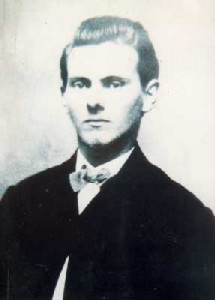Military historian Gwynne Dyer deems terrorism “the weapon of the weak,” and he’s right. Compared to the threat from traffic accidents–not to mention climate change!–such small-scale evil is a mere drop in the dead pool. We mostly give these acts outsize importance because horrible deaths bother us more than mundane ones, and because of their sheer nastiness and needlessness excites our sense of fairness.
When it comes to the Islamic State, I think there’s more at play. Ignoring the organization probably won’t work. It’s carved out territories as bases of operation, and a lack of response will probably lead to attempts to acquire more “attention-getting” weapons. That doesn’t mean a ground war is a good idea (wow, it’s not), but attempts to degrade military might and financial holdings probably is needed.
The most hopeful note from Dyer is that he doesn’t believe ISIS has enough in the way of resources to spread much further, the surprise factor they initially exploited now a thing of the past.
From Charlie Smith at the Georgia Straight:
Don’t panic. Terrorism is a very small problem. And any western president or prime minister who thinks they’ll severely damage ISIS by dropping bombs on its fighters is terribly mistaken
That was the message author and historian Gwynne Dyer brought to SFU Woodward’s in a March 25 sold-out lecture at the Goldcorp Centre for the Arts.
“Well, we lost two people in the last year to terrorism and we lost about 250 a month on the roads,” Dyer said. “You know, the Americans lost 3,000 people on 9/11, but they also lost 3,000 people on the roads and another 3,000 to gunshot wounds, mostly delivered by their nearest and dearest.
“The scale of the terrorism is tiny compared to its presence in the media,” Dyer continued. “Really, we should, as much as possible, ignore it. We certainly don’t need to overreact by sending troops to the Middle East or aircraft to do God knows what in terms of useful activity. It’s just dumb.”
In fact, according to Dyer, if western countries expand their bombing campaigns against ISIS into Syria, it will only make the Islamic State stronger.•


